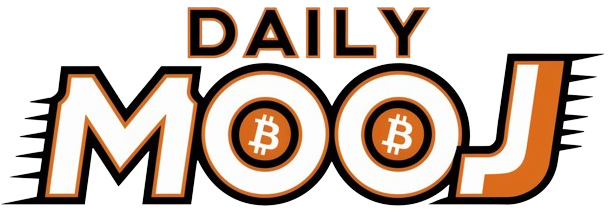LONDON (Reuters) – Euro zone manufacturing exercise remained mired in contraction in August, a survey confirmed on Monday, with the info suggesting a restoration may very well be a way off as demand fell at its sharpest tempo this yr.
HCOB’s last euro zone manufacturing Buying Managers’ Index (PMI), compiled by S&P International, stood at 45.8 in August, simply forward of a forty five.6 preliminary estimate however firmly beneath the 50 mark separating progress from contraction.
An index measuring output, which feeds right into a composite PMI due on Wednesday that’s seen as an excellent information to financial well being, nudged as much as 45.8 from 45.6 in July, simply forward of the 45.7 flash estimate.
“Things are going downhill, and fast. The manufacturing sector has been stuck in a rut, with business conditions worsening at the same solid pace for three straight months, pushing the recession to a gruelling 26 months and counting,” mentioned Cyrus de la Rubia at Hamburg Business Financial institution.
“New orders, both domestic and international, are slowing down even more, dashing any short-term hopes for a rebound.”
The index protecting new orders sank to 43.3 from 44.1, its lowest since December. Demand from overseas additionally fell on the quickest price this yr.
That decline got here as producers raised their costs for the primary time in 16 months, pushed by factories in France, the Netherlands, Greece and Italy.
“This could spell trouble for the ECB, which has been grappling with persistent inflation in services while relying on falling manufacturing prices to keep disinflation on track,” de la Rubia mentioned.
Nevertheless, general inflation within the foreign money bloc fell to a three-year low of two.2% in August, preliminary official knowledge confirmed on Friday, strengthening the case for additional coverage easing from the European Central Financial institution.
It would lower its deposit price twice extra this yr, in September and December, in response to an over-80% majority of economists in an August Reuters ballot, fewer reductions than markets at the moment count on.

